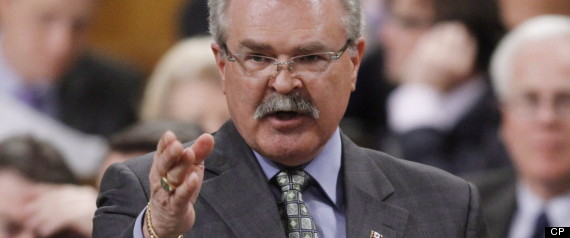The federal government has asked the Supreme Court of Canada to put the brakes on the decriminalization of a key prostitution law.
A 30-day stay on imposed by the Ontario Court of Appeal last month when it rewrote the pimping provision is due to be lifted later this week.
The provision was struck down last month by the provincial appeals court in a decision that also removed prohibitions on keeping a brothel.
In the federal application – which also asked the Supreme Court to hear a full appeal of the Ontario decision – federal lawyers raised the spectre of neighbourhoods being frequented by prostitutes and their bodyguards.
The expiration of the 30-day delay imparted a sense of urgency to the government’s request for leave to appeal the entire Ontario Court of Appeal ruling.
It stated that an imminent “regulatory void” will permit prostitutes, bodyguards, drivers and booking agents to openly go about their business.
“If the stay is not extended, the public interest, communities and neighbourhoods and the proper administration of justice will suffer irreparable harm,” the Department of Justice application said.
A 30-day stay on imposed by the Ontario Court of Appeal last month when it rewrote the pimping provision is due to be lifted later this week.
The provision was struck down last month by the provincial appeals court in a decision that also removed prohibitions on keeping a brothel.
In the federal application – which also asked the Supreme Court to hear a full appeal of the Ontario decision – federal lawyers raised the spectre of neighbourhoods being frequented by prostitutes and their bodyguards.
The expiration of the 30-day delay imparted a sense of urgency to the government’s request for leave to appeal the entire Ontario Court of Appeal ruling.
It stated that an imminent “regulatory void” will permit prostitutes, bodyguards, drivers and booking agents to openly go about their business.
“If the stay is not extended, the public interest, communities and neighbourhoods and the proper administration of justice will suffer irreparable harm,” the Department of Justice application said.


































